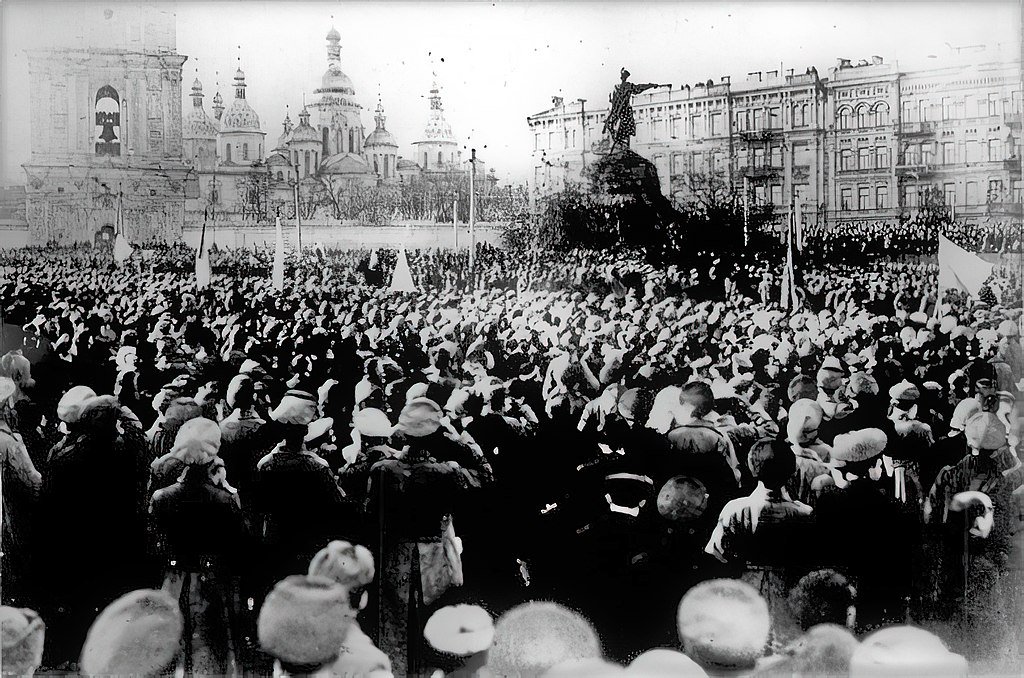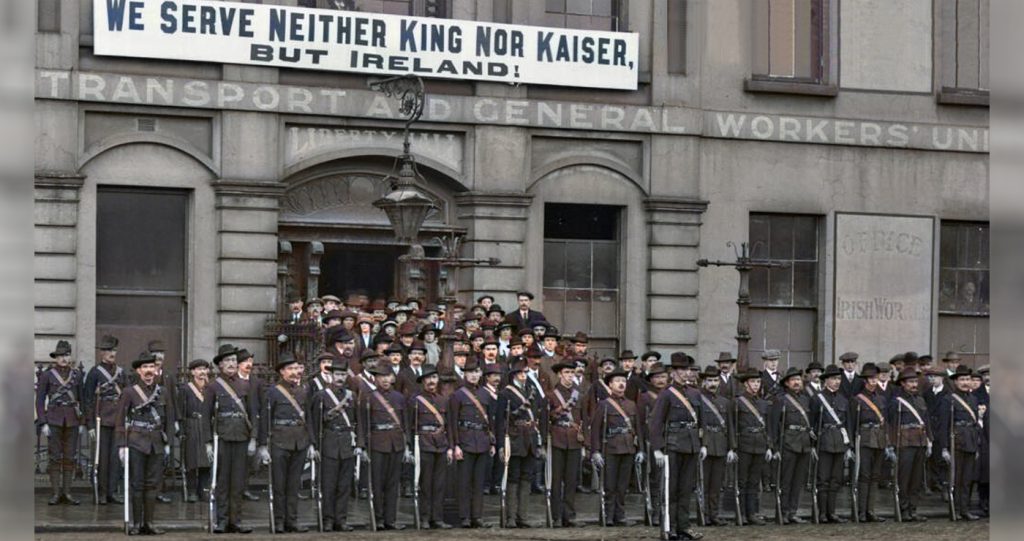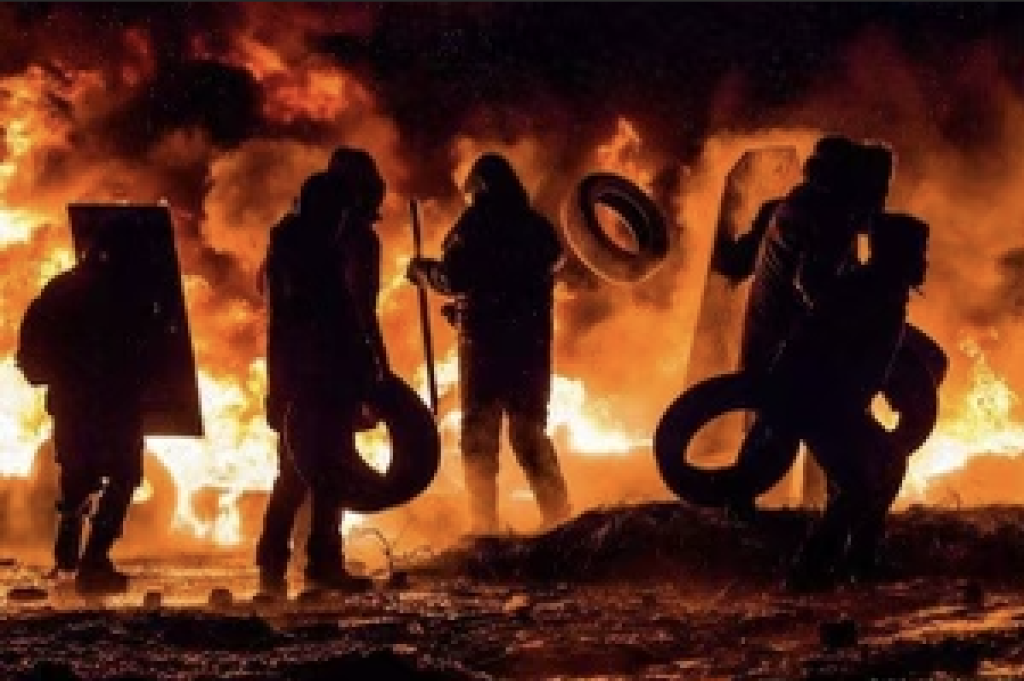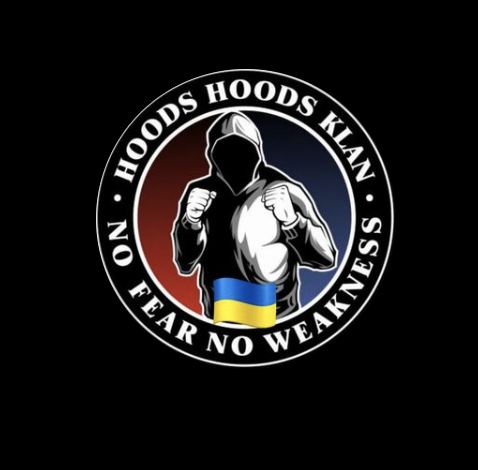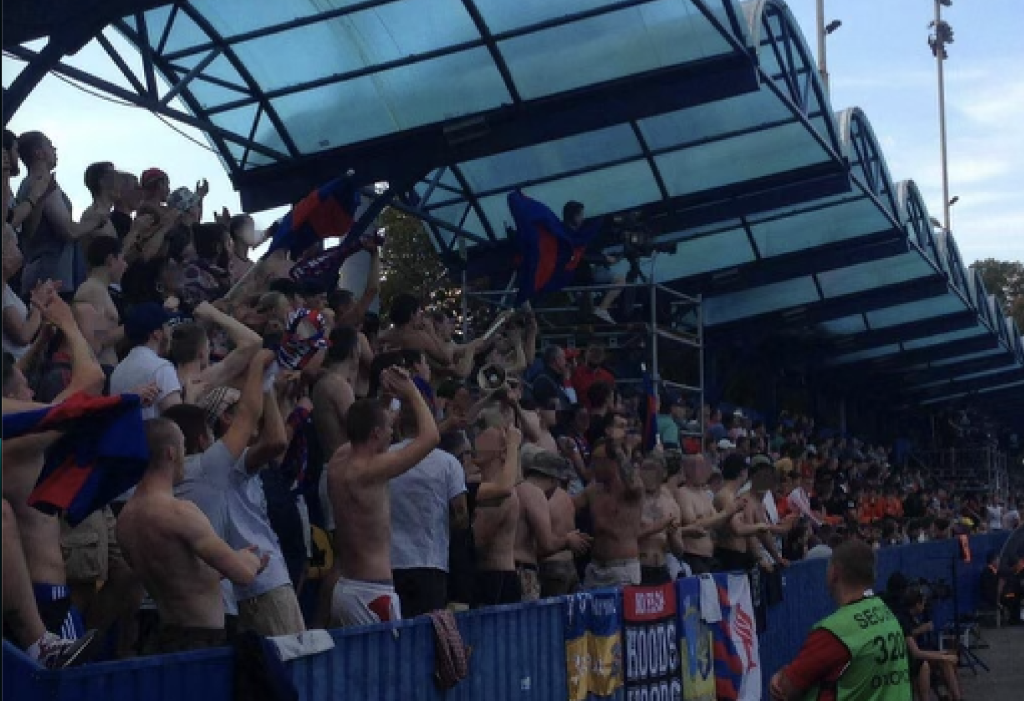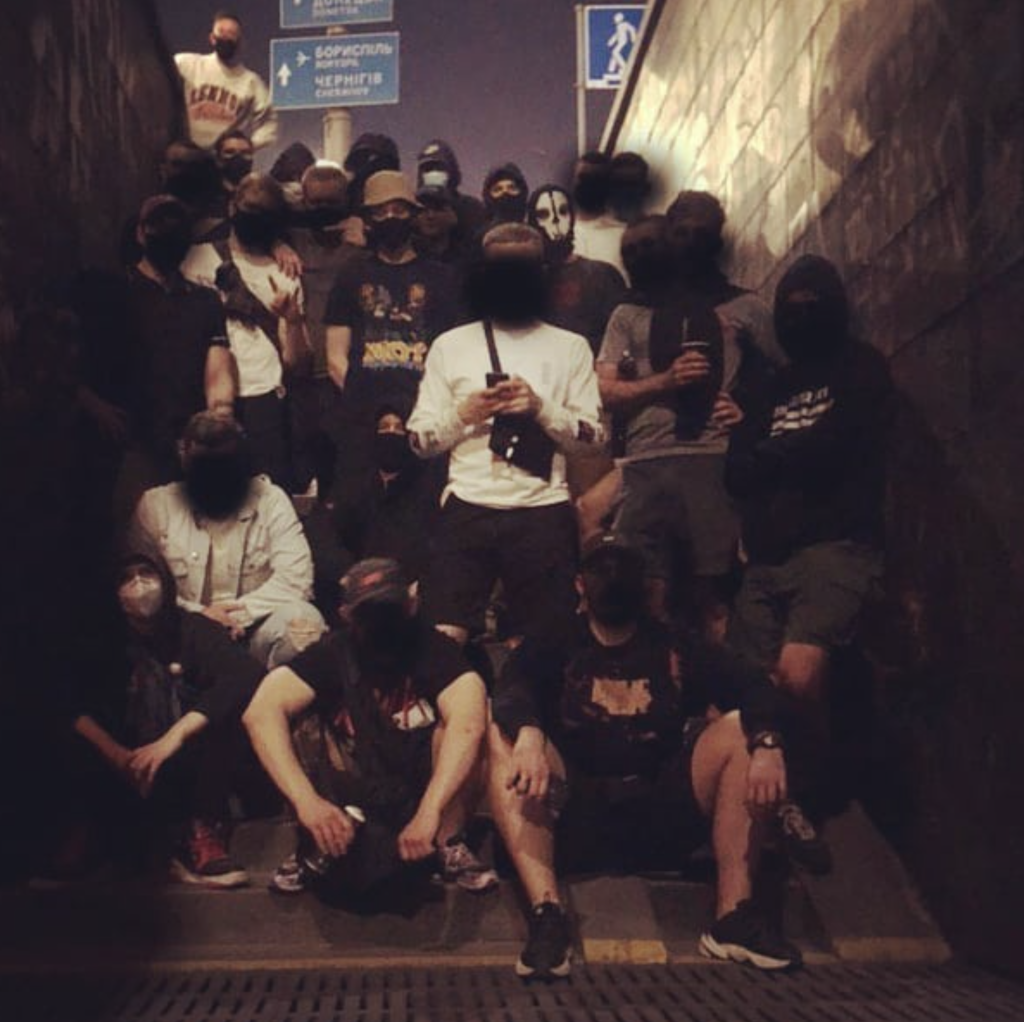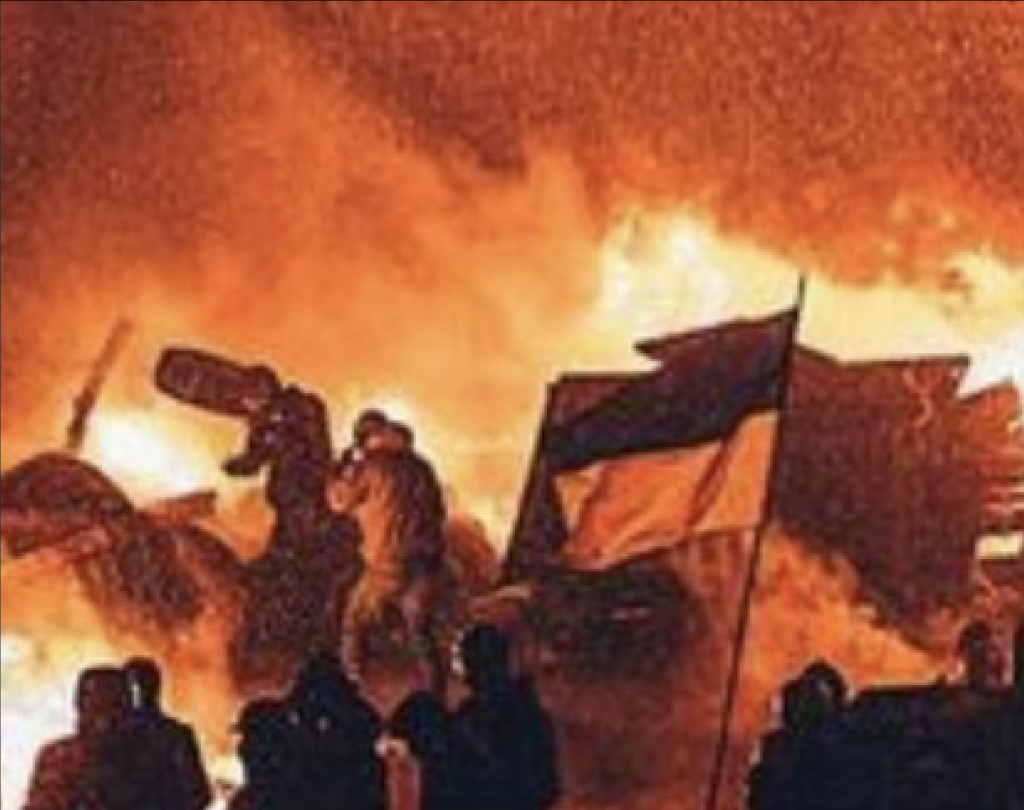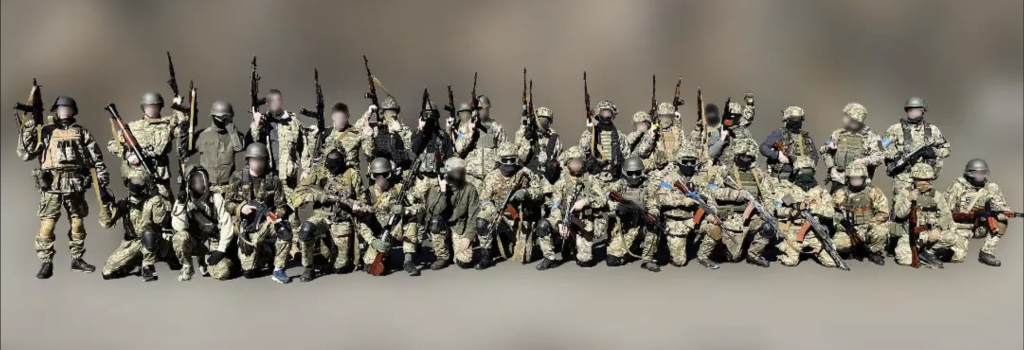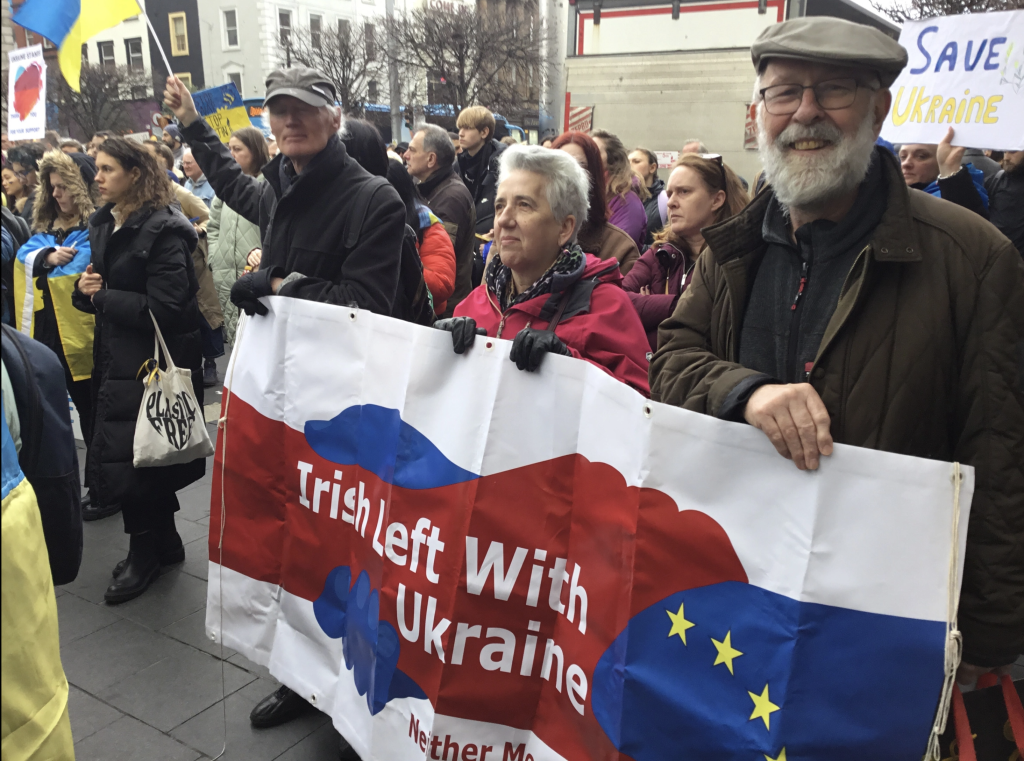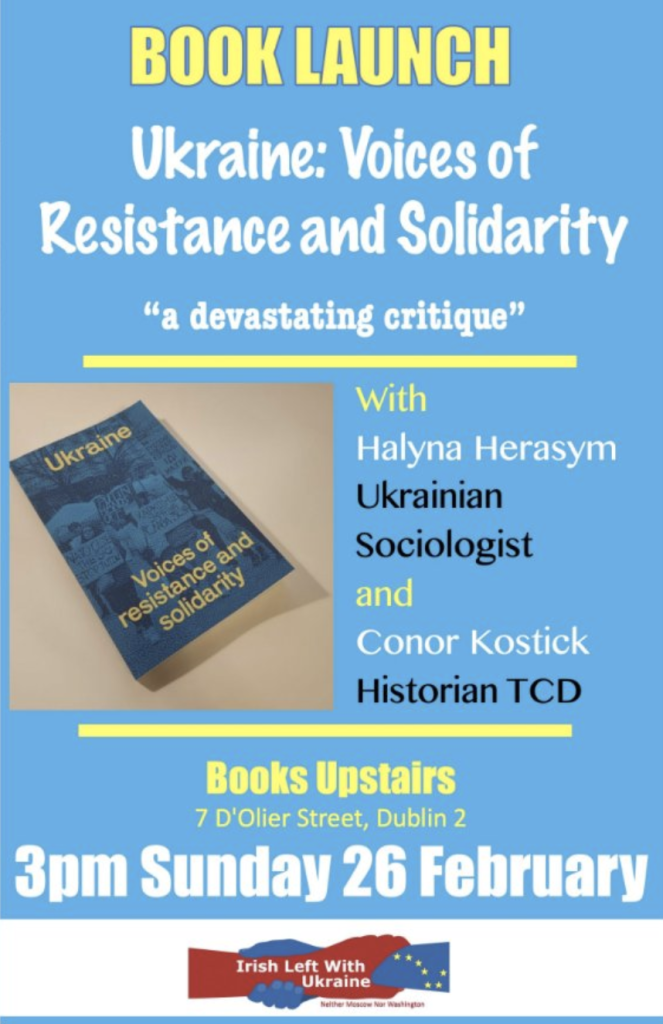
At the end of June of this year I learned the news from Ukrainian military front about the death of one special person. It was my former beloved. Our relationship lasted about two years. He was much older than me. I loved him very much when we were together.
He was talented in sports. He taught me to swim breaststroke and crawl. He also taught me to love summer. I used to think that summer was not for me. This man, Sergiy, loved when nature blossomed, when fruits ripened and when it was warm, so that you could walk in shorts and sandals, when you could just go out on the road and walk and walk, feeling freedom. He also loved to read. And he loved his son very much.
He had some disappointment with life, but nevertheless there was fire in him, there was some talent. Probably, it didn`t fade away from his youth. He definitely had a style: in clothes, in behavior and in life.
He was quite ironic. Sometimes even cynical. But at the same time he was a sensitive person. We were very attached to each other.
Shortly after Russia’s full-scale war on Ukraine began, Sergiy called me, although we had not spoken for a long time. I am grateful to him for worrying about me. Then I called him when I was leaving Ukraine, and a couple of times from the EU.
When I first met Sergiy, I couldn`t remember who he reminded me of, but there was a feeling of someone very familiar. I still can`t remember.
Sergiy went to the front as a volunteer. This is the first person close to me who died in the war. And I hope the last one.
Take care of each other, bring the end of the war and the victory of Ukraine closer by all means available to you, donate to the Solidarity Collectives, promote funding for Ukraine from Western governments. And in the most difficult times, remember the good.
Vita from Kyiv
24 August 2024
2.5 years of full-scale war in Ukraine
A message from Solidarity Collectives
Hello, I’m Bez, an anarchist who has been helping anti-authoritarian fighters at the beginning of the full-scale invasion.
For more than a year now, I myself have been fighting in the Defence Forces. I just joined the newly created unit to counter enemy UAVs. Even though our team is new, we are already performing combat missions in Donetsk region.
But as is the case with new units, we lack a lot of things. Most of all, we need the pick-up truck. We need your support – help us save lives!
Link to the Monobank: https://send.monobank.ua/jar/349oybUfYt
Card number: 5375 4112 2188 5523
PayPal: kseniia19.beziazychna@gmail.com


